If you’ve looked at the building information modeling (BIM) technician training that Digital School offers, you may wonder why Thought Patterns for a Successful Career™ is considered a necessary component. After all, the focus in the module is on soft skills, like self-discipline, self-esteem, and personal growth. Are these skills really that important for a BIM career?
Not only are they important, but they are also necessary! If you want to stand out to employers, the lessons you learn from Thought Patterns for a Successful Career will help you do that. Here’s how.
BIM Employers Want Employees Who Have Hard Skills and Soft Skills
Employers, particularly in the architecture, engineering, and construction (AEC) industry, obviously need employees who have the requisite hard skills, like technical aptitude and BIM-related abilities. Learning BIM at Digital School gives you that essential technical know-how. However, technical competence is only one part of the equation if you want a successful BIM career.
The other side of the equation covers soft skills, like self-discipline, ambition, and emotional intelligence. These are the skills that can make a huge difference in your career prospects.
Imagine yourself as an employer at an architecture firm who has to decide between two candidates for a BIM technician position. One main technical requirement is that the candidate knows how to use Revit, which is a 3D modeling program that 71% of the world’s top architecture firms require. However, if both candidates have BIM technician training that includes Revit, how does the employer choose who would make the best fit at the firm? The answer: soft skills. In fact, when IQ and technical abilities are similar, emotional intelligence—which covers self-awareness, empathy, and other soft skills—accounts for 90% of what leads to career advancement. Soft skills reassure employers that you are goal-oriented, disciplined, and able to work both independently and as a team.

Your soft skills reassure employers that you are goal-oriented and self-disciplined
If You Want to Become a BIM Technician, Soft Skills Will Make You a Better Employee
Even after you become a BIM technician, soft skills will help you thrive. Let’s return to our employer at the architectural firm, who now has to decide who is getting a lucrative new promotion. She can choose between the one candidate who has the technical skills for the promotion but hardly seems enthusiastic about the job and is simply ‘going through the motions.’ Or she can choose you, who has learned from the Thought Patterns for a Successful Career how to set clear career goals and work with dedication and self-discipline to achieve them. Obviously, it’s no contest!
Clearly, soft skills are valuable to those who want to learn BIM. The reason they are so valuable is not only because employees who have them are hardworking and goal oriented, but because there is a large misconception that such soft skills—unlike technical skills—cannot be taught. As a result, when an employer comes across a candidate who is both technically trained and emotionally intelligent, it’s like they’ve hit the jackpot! But the truth is soft skills can be taught. Everybody has it in them to be a self-disciplined, dedicated, and driven individual—it just takes a course like Thought Patterns for a Successful Career to help unlock that potential.
Do you want to complete training for a rewarding career?
Fill out the form to get started!



